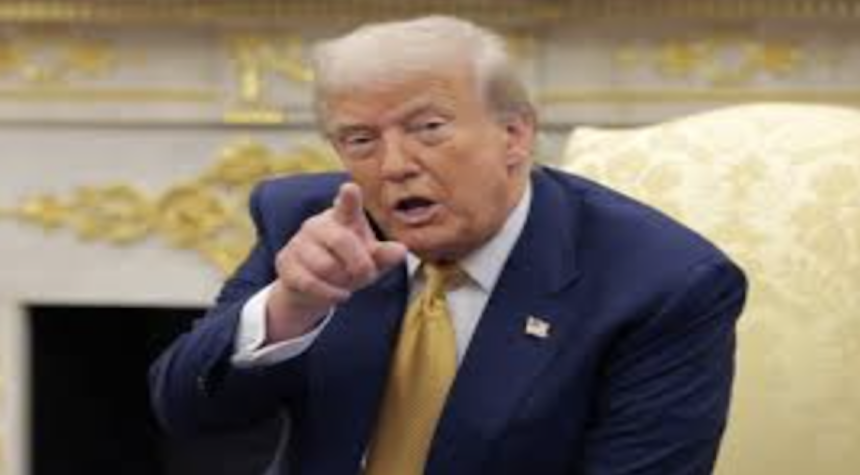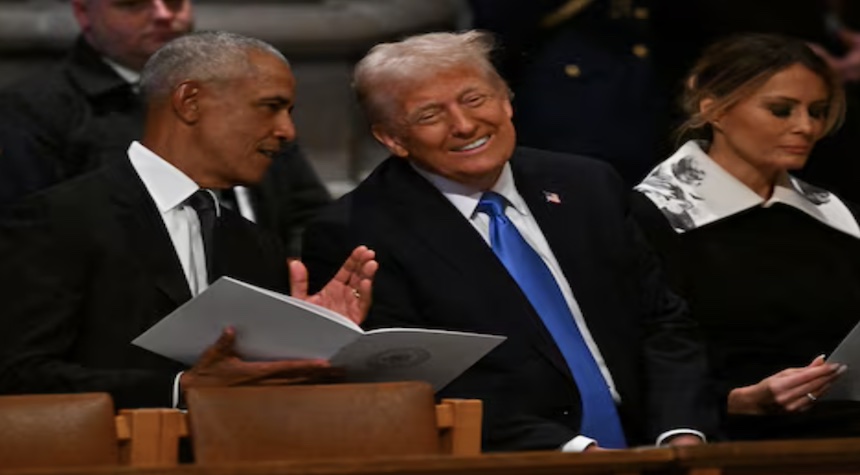President Donald Trump has made serious allegations against Barack Obama regarding events surrounding the 2016 election. The accusations, delivered during an Oval Office meeting with Philippine President Ferdinand Marcos Jr., are both grave and controversial.
Trump claims that Obama was the architect of what he terms a “coup” attempt and accuses him of “treason.” These are extraordinary charges that, if substantiated, would constitute a significant breach of democratic norms. However, it is crucial to note that at this time, no concrete evidence has been presented to support these allegations.
Trump references a report by Director of National Intelligence Tulsi Gabbard, which he says outlines a “roadmap” for investigating Russian collusion claims up to the Obama administration. The former president asserts that thousands of additional documents are forthcoming, though the nature and content of these documents remainported materials remain unverified.

Trump’s statements also encompass accusations against Hillary Clinton and the Democratic Party. He alleges that they funded a report by Christopher Steele, which Trump characterizes as “fake” and “fabricated.” These claims echo long-standing disputes over the origins and validity of investigations into Russian interference in the 2016 election.
The office of Barack Obama has responded, stating that recent documents “do not undercut the conclusion that Russia tried to influence the 2016 U.S. election but that it did not manipulate any votes.” This stands in stark contrast to Trump’s interpretation of events.
Accusations of this magnitude, involving former presidents and election integrity, strike at the heart of American democracy. They raise important questions about the nature of political discourse and the use of executive power.
As this story develops, it will be crucial to distinguish between verifiable facts and unsubstantiated claims. The American people deserve a clear and accurate account of these serious allegations, free from partisan rhetoric.

